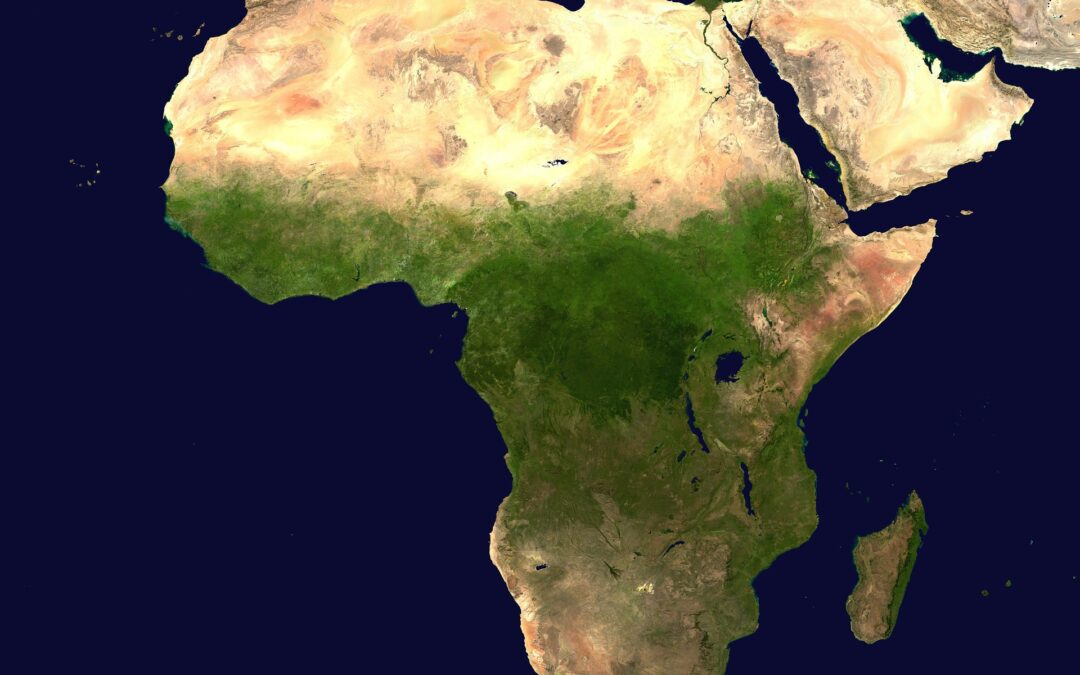The African Development Bank (AfDB) plans to raise $27bn for investment in poorer African nations and issued a statement demanding wealthy nations meet their climate promises.
At the AfDB’s annual general meeting, the go-ahead was given to plans to leverage the African Development Fund (ADF) to raise further capital for investment in the countries it supports. The ADF is the AfDB’s concessional lending fund for the poorest and most fragile nations.
With the fund supporting countries mainly in Sub-Saharan Africa, it provides vital funding for many of the world’s most climate vulnerable nations – nine out of ten of which are in Africa. As such, the new source of financing will be a valuable step towards closing the huge investment gap that Africa continues to experience.
The bank did however, call on the rest of the world to do its part and for the developed world to live up to their commitments – which include the €100bn per year of climate finance that has been promised but not yet delivered.
Issuing a joint statement, the bank’s governors said: “We call for urgent action to double the collective provision of climate finance for adaptation, and operationalisation of new funding arrangements to respond to loss and damage as per decisions of the Conferences of the Parties to the United Nations Framework Convention on Climate Change and the Conference of the Parties to the Paris Agreement, the last sessions of which were held in Sharm El Sheikh, Egypt.”
Moves are underway to raise investment from developed regions. Though not directed only at Africa, the European Union’s Global Gateway is directing $300bn to capacity building in developing nations, with a similar programme also underway through the G7 and its USA-led Build Back Better World.
This summer, it is also expected that governments will agree a plan with the IMF and MDBs to reduce investment risk for those engaging in green transition projects across the developing world.
The post AfDB announces new resource and calls for developed nations to meet commitments appeared first on Infrastructure Global.

